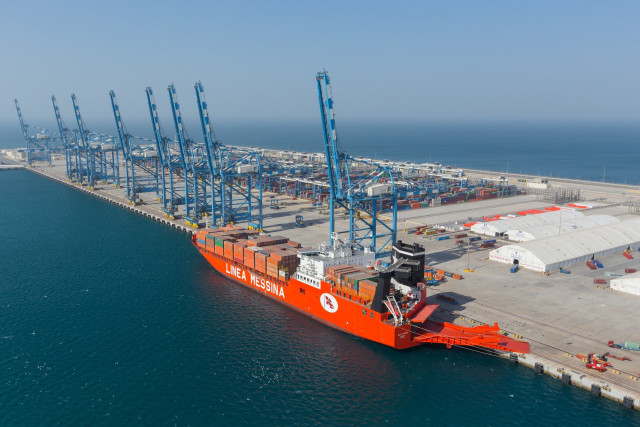SEZs development: challenges abound
Developers decry duplication of role of state agencies, lengthy approval processes

Management companies responsible for developing the Special Economic Zones (SEZs) across Pakistan have been irked by the way different regulatory institutions associated with the process are handling matters.
A majority of officers of such companies are from the private sector, who want to streamline things in a bid to attract investors to these zones, no matter domestic or foreign. However, on the other hand, there is duplication of roles of inefficient state agencies in the management of SEZs, which make processes lengthy.
For instance, these enterprises have to go through a lengthy process for getting approval for an SEZ unit under the SEZ Act and have to pass through the SEZ committee, provincial SEZ authority, the Board of Investment (BOI), district administration and the Federal Board of Revenue (FBR), to name a few.
Officials of all the above-mentioned agencies are part of the SEZ committee, still one has to pass through all the federal and provincial departments, which is not encouraging and undermines the country’s slogan of increased ease of doing business for investors. Pakistan’s economic managers and private sector experts believe the nine SEZs, which are to be established under the China-Pakistan Economic Corridor (CPEC), can help the country’s shrinking manufacturing base to start expanding once again. Nevertheless, there are many issues which have to be resolved first.
SEZs have been identified globally as an inclusive economic growth instrument. Policymakers across developing economies are implementing different forms of SEZ programmes, with objectives ranging from creating jobs, increasing household incomes and overall economic activity in lagging regions to enabling export diversification and economic transformation.
According to the Asian Development Bank (ADB), in developing Asia, the foreign direct investment (FDI) attracted by economies that do not have SEZs is 82.4% lower than those with SEZs.
China, with a relatively regulated economy, has successfully used this strategy to pursue market liberalisation in its designated SEZs and has created 30 million employment opportunities with approximately 60% of exports and 22% of the country’s income.
China wants Pakistan to follow in its footsteps and is offering joint ventures in different sectors by relocating its units to such economic zones. However, this could only be done once such zones are fully established with all facilities and the promised tax break.
According to some of the SEZ developing companies, under the SEZ Act, a 10-year income tax holiday was available to such enterprises that would start commercial production by June 30, 2020. The tax break will be reduced to five years if the enterprises go into commercial production after the deadline, even though most of the SEZs are currently under the development phase.
On the flip side, despite giving the tax break, 1.5% turnover tax has been imposed, which proves high for the enterprises. Minimum tax, withholding tax on imports of raw material and supply of goods, advance tax on electricity consumption and quarterly advance tax are some other levies that the enterprises have to pay despite the 10-year tax break, which is against the spirit of the SEZ Act.
In the SEZs, all the industries do not require benefits as some are already exempted from taxes, especially the major export-focused industries, pioneer and green-field projects.
Small and medium enterprises (SMEs) and the cottage industry usually prefer domestically assembled plant and machinery, thus they are not required to pay tax on the import of plant and machinery. The most recent issue is a letter issued by the BOI on October 10, where the SEZ developers have been directed to stop the sale of plots till the finalisation of a policy in this regard.
The move comes in a bid to halt speculative real estate activities, but at the same time the bar on developers means they will have insufficient funds for development work in the industrial estates.
Among scores of issues, connectivity, allocation of funds and provision of all utilities are a few major challenges.
All such factors are not favourable for a smooth development of the nine SEZs within the set time frame. The SEZ Act needs to be revisited, and if not, then all the authorities must give a free hand to the developers.
Unnecessary involvement of different regulatory institutions has not brought desired results in the past and with the same practice, the goal to turn Pakistan into an export base may not be met.
Regional countries like Bangladesh and Vietnam may be the next venues under the global shift for different companies trying to relocate from China. Many Pakistani exporters are already anticipating this great miss by the country due to stringent policies and regulations.
THE WRITER IS A STAFF CORRESPONDENT
Published in The Express Tribune, November 2nd, 2020.
Like Business on Facebook, follow @TribuneBiz on Twitter to stay informed and join in the conversation.



















COMMENTS
Comments are moderated and generally will be posted if they are on-topic and not abusive.
For more information, please see our Comments FAQ